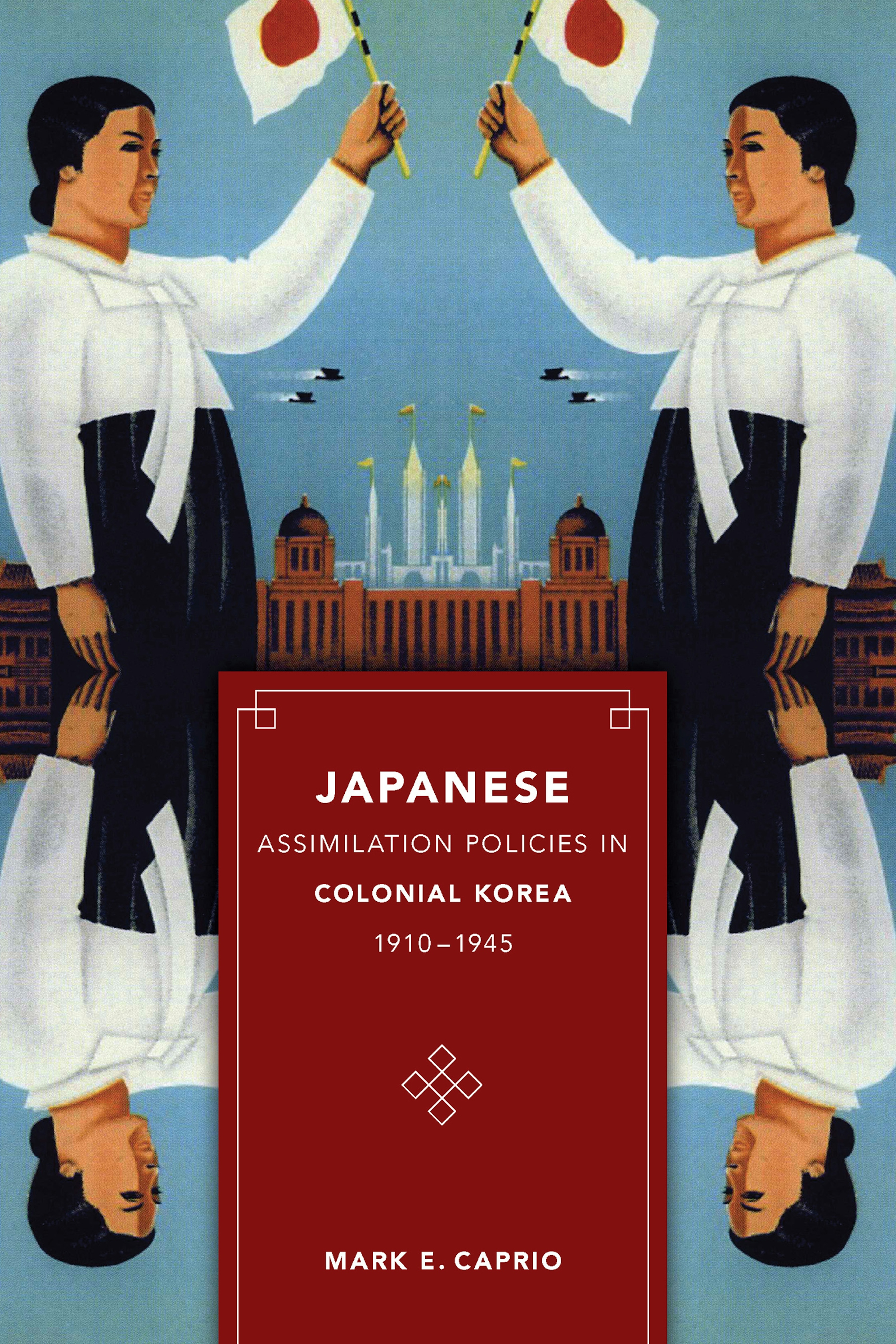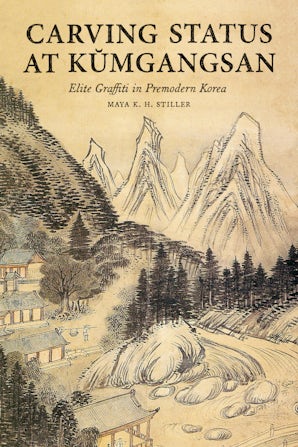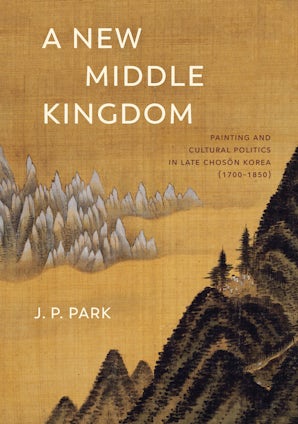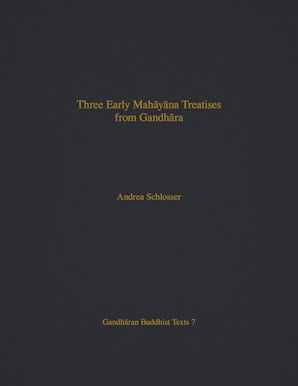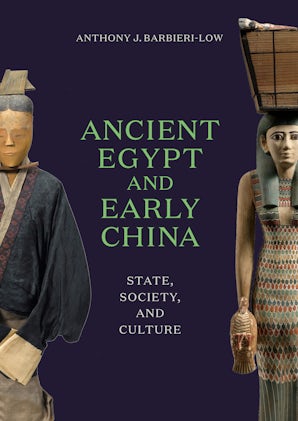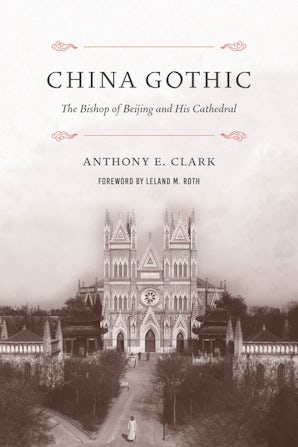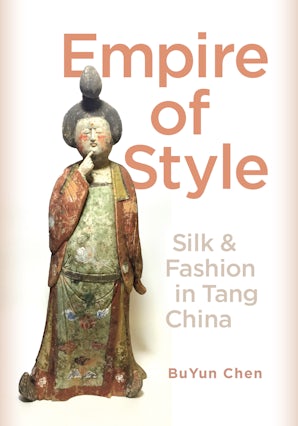"The significance of addressing Japanese colonial rule in Korea in a broader comparative context cannot be exaggerated. Caprio had made a perceptive, innovative, and welcome contribution to expanding the scope of Japanese, Korean, and colonial studies."
-
Marie Seong-Hak Kim, Journal of Japanese Studies
"His main purpose is to show, first how the colonial rulers of Korea tried to manage the Korean population with political, social, cultural, and linguistic approaches filled with enormous internal contradictions and sophistry. His second purpose is to show how segments of Korean society collaborated with Japanese designs. . . . Caprio has fleshed out the theme of assimilation with rich detail and nuance and thrown a fresh light on the complex nature of Japanese rule in Korea and its limitations. . ."
-
American Historical Review
"Mark Caprio's Japanese Assimilation Policies in Colonial Korea is an illuminating account…. The crux of Caprio's work is that Japan, like other colonial regimes, made hollow promises related to assimilation for rhetorical ends rather than as a political or social goal…. Japanese Assimilation Policies in Colonial Korea makes a twofold contribution to Korean and Japanese studies, as well as the more general field of colonial studies by first providing the global context for Japan's colonization of Korea and, second, examining the debate among Japanese in the public sphere regarding the assimilation of Korea. It is a worthwhile and quick read that I highly recommend."
-
Korean Studies
"Mark Caprio's recent book is a wonderful addition to the field of Korean and Japanese modern history. Its appearance is particularly timely as Japan and Korea ponder the meaning of the centennial anniversary of the 1910 annexation."
-
The Journal of Asian Studies
"For many years, the Japanese Empire remained hidden behind an island-centered story of the archipelago's 'modernization' and a Euro-centric bias in colonial studies. This can no longer be the case with the publication of Mark E. Caprio's new book."
-
Pacific Affairs
"Caprio argues that, despite the Japanese championing of full acceptance and equality of the Korean people as subjects of the Empire, Japanese policies towards the Koreans worked as contradictory roadblocks preventing complete assimilation. . . . Caprio examines his historical question through an intricate framework of definitions of colonization. . . Additionally, his organizational choice of beginning his work with an examination of European influences on Japanese colonial thought is both interesting and appropriate considering Japan's desire to emulate the West. . . . Ultimately, Caprio delivers an impressive, solidly researched work that adds a further dimension to the complex historical problem of Japanese expansion. ."
-
Journal of Military History
"Mark Caprio, as an American scholar of Korean history teaching at Rikkyo University in Tokyo, is uniquely qualified to avoid the nationalistic extremes of the debate over the right and wrong, and the impact, of Japanese colonial rule. Using both Korean and Japanese sources, and an impartial eye, he examines one aspect of the colonial period, Japan's official policy of welcoming the Korean people into the Japanese political and cultural community, and he comes up with some startling conclusions."
-
Monumenta Nipponica
